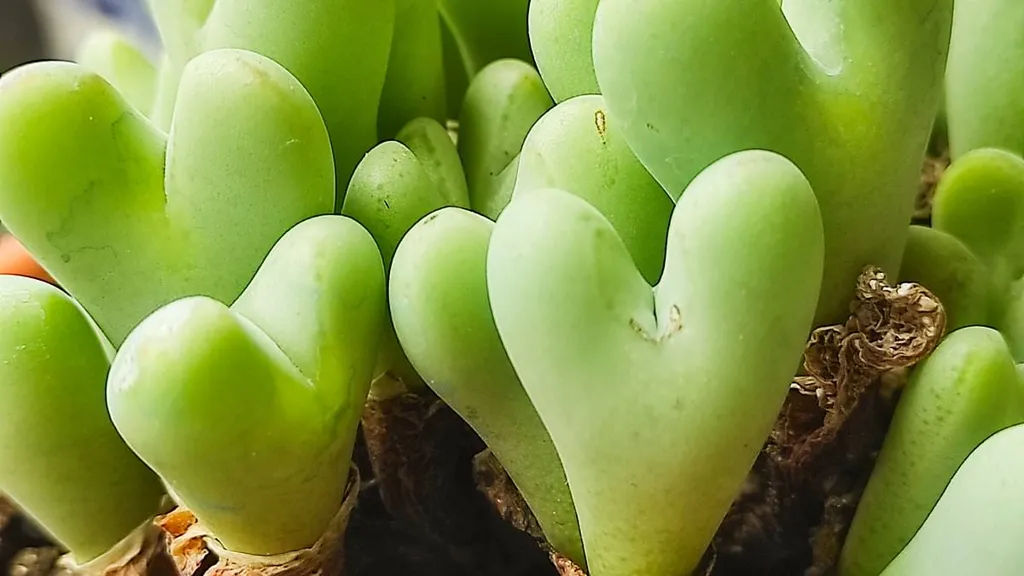During the pandemic, while people were trapped in their homes, many developed new interests, from baking sourdough to collecting plants.
However, while enthusiasm for all things botanical may seem benign, some collectors' enthusiasm for the rarest succulents means that some are selling online for hundreds - or even thousands - of dollars due to high demand.
The Times reported that in a bid to meet demand, criminals have broken international law, with suspected illegal harvesting and smuggling of plants being blamed for some species going extinct.
There are around 107 species of the conophytum genus. Over the last five years, it's reported that eight species have gone extinct, with a further 47 now critically endangered.
The issue has become so serious that there are people dedicated to fighting plant poachers like David Whitehead in South Africa.
He told the Times that 'cacti, orchids, cycads and various carnivorous plants have been pushed much further towards extinction because of poaching'.
David described the situation in South Africa as a 'crisis'.
Within the plant collecting community on social media, people show off their purchases. The rarest acquisitions earn bragging rights and drive illegal smuggling of exotic species.
Certain types of monstera plants sell for thousands of dollars. Tyler Thrasher noted these can be highly desirable when they feature leaves with white patches.
In South Africa, it is illegal to harvest conophytum from the wild; however, they are regularly poached. A staggering 22,000 plants were intercepted at Cape Town's airport labeled as children's toys.
According to David Whitehead: "Conophytum are targeted because they 'have character' and their small size allows larger collections even in limited space."
The intercepted plants were sent to Kew Gardens but cannot simply be replanted due to potential pathogens or incorrect provenance issues which could cause ecological damage.
"Because they grow slowly," said Paul Rees from Kew's tropical nursery," once torn from the ground it takes years for more to grow back."
An alternative solution is artificial cultivation which could reduce poaching demands according to David Whitehead.
Kew Gardens Initiatives
- FloraGuard: AI tool scanning public forums for trade trends created by University of Southampton & UK Border Force;
- Kew-eBay Partnership: Making it harder for vendors selling illegally harvested plants;
